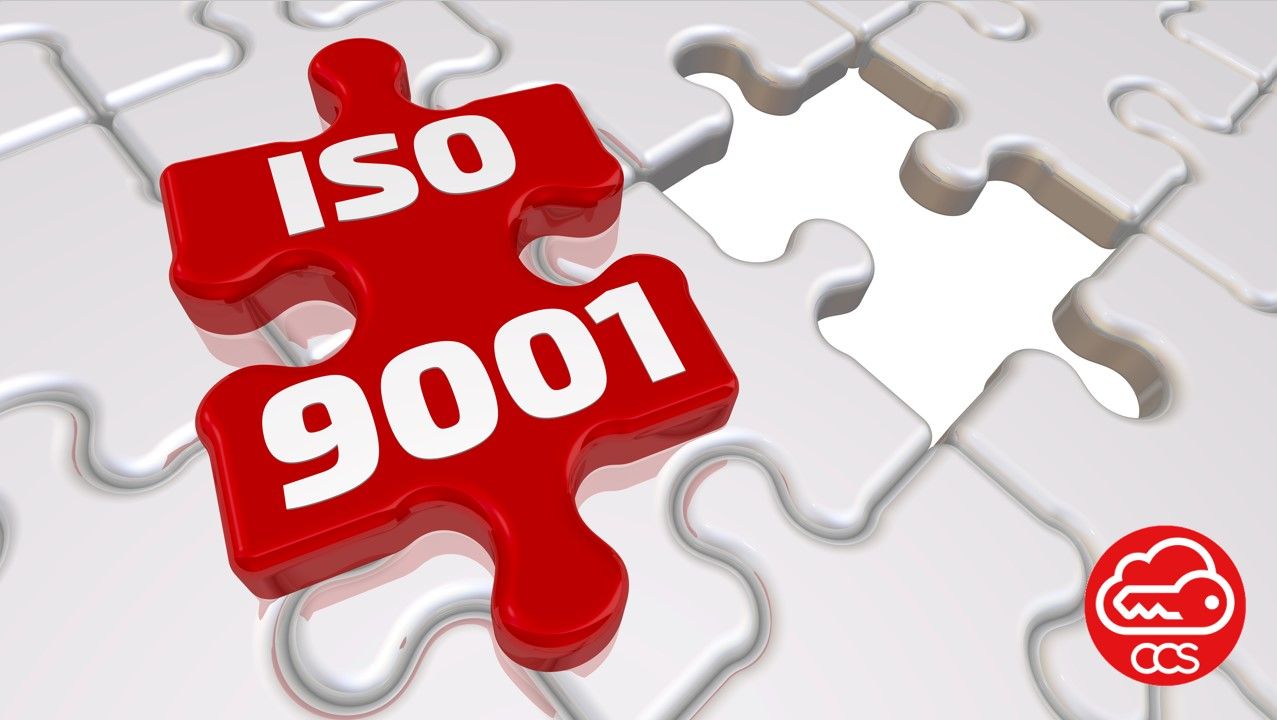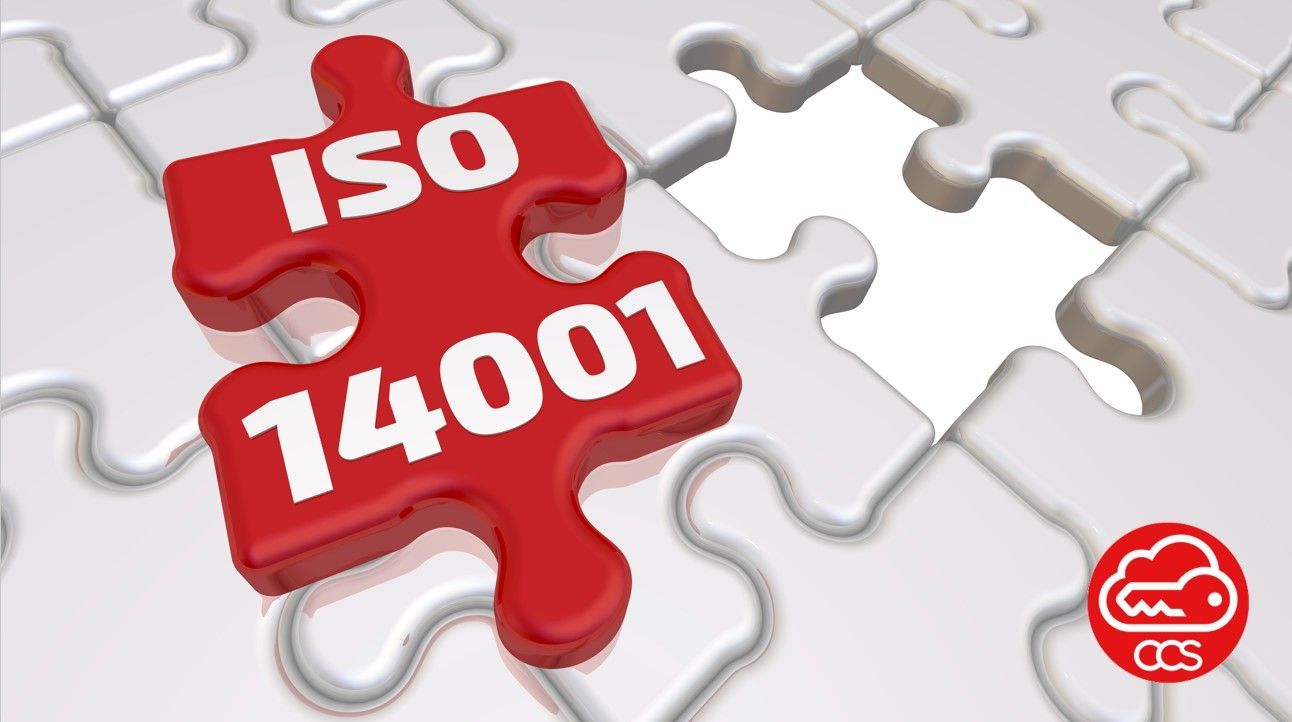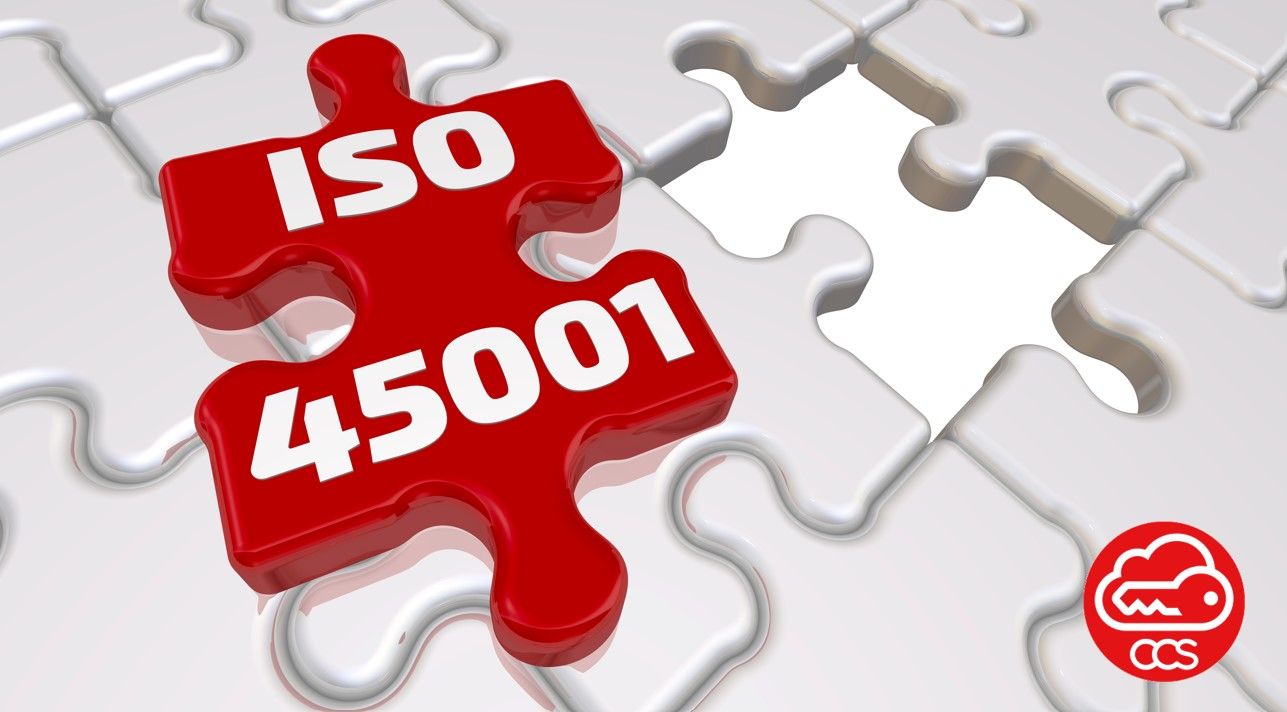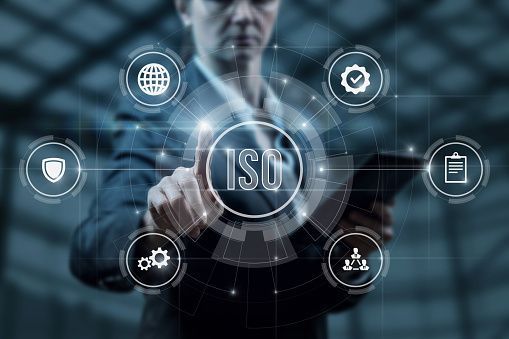ISO9001 Overview and Benefits
ISO 9001 provides a framework for organisations to establish and maintain an effective QMS, which can help improve customer satisfaction, reduce waste, and increase efficiency. The standard is applicable to organizations of all sizes and types, and it can be used in any industry and can be integrated with other management systems, such as ISO45001 for Health and Safety and ISO 14001 for Environmental Management.





